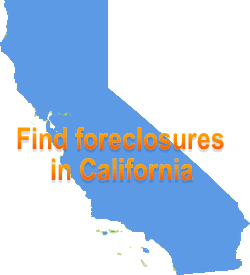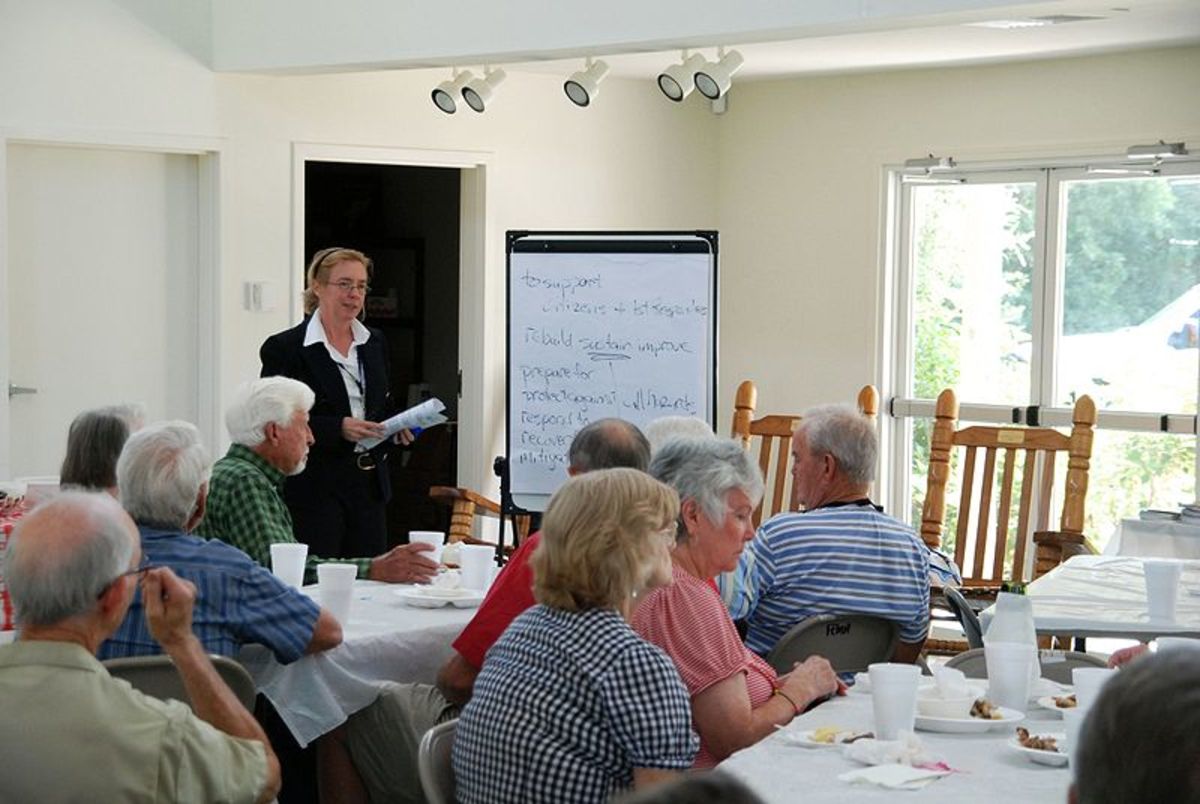California Foreclosure Laws: A Simple Explanation of How They Work
Calfornia Has Been Rocked by Home Foreclosures

California is one of the states that’s been rocked to its core by the foreclosure crisis. Hence, a lots of homeowners have lots of questions about California foreclosure laws. Following is a simplified overview of what they are and how they work.
Types of Foreclosure Laws in the United States
In order to understand California foreclosure law, it helps to have a broad overview of home foreclosure laws in the U.S. as a whole.
There are two types of foreclosure in the United States: judicial and non-judicial foreclosure.
What is Judicial Foreclosure?
This is when a lender (eg, a bank) sues the borrower (e, homeowner) for the balance owed on the home (the balance of the mortgage. The entire process is handled by the court. Judicial foreclosure is allowed in all 50 states.
What is Non-Judicial Foreclosure?
In contrast, the non-judicial foreclosure process lets a lender sell a property right out from under a homeowner-- at auction, for example -- without court involvement . The laws of each state differs as to how this takes place, but what they all non-judicial foreclosures have in common is that it’s not necessary for the courts to be involved.
Learn more about judicial and non-judicial foreclosures.
Now that you have a basic understanding of the types of foreclosures in the U.S., let’s look at California foreclosure laws in particular.
California Foreclosure Laws: Is It a Judicial Foreclosure or Non-Judicial Foreclosure State?
Actually, California allows both types of foreclosure. Although, non-judicial foreclosure is the overwhelming method used.
Judicial foreclosures are extremely rare in California. This may be because it is a cumbersome process. For example, a trial has to take place in a court of law. Furthermore the documentation needed is voluminous, eg, appraisal docs, inspection docs, etc. Then, there’s an auction. And even if the home is sold, right of redemption laws allow homeowners up to a year to buy the home back.
It’s easy to see why most lenders opt for the non-judicial foreclosure process in California. This is what most are referring to when they talk about home foreclosures in California.
California Foreclosure Law: What Happens During the Non-Judicial Foreclosure Process?
In non-judicial foreclosures, lenders forego their right to collect sue for, and get, a deficiency judgment against borrowers (previous homeowners). This is one reason the process is expedited.
Furthermore, there is no court trial and the whole process can take as little as three months. Although, it can be postponed for up to a year for various reasons.
The other thing that makes non-judicial foreclosure appealing to lenders is that there are no right of redemption laws that apply when this type of foreclosure is used. Note: Except in the case of homeowner associations (HOAs), but it is only for 90 days.
And that’s a simple overview of California foreclosure laws.
Capitalize on the Home Foreclosure Crisis in California
Start a booming foreclosure cleanup business -- a needed service; a hot small business opportunity.



